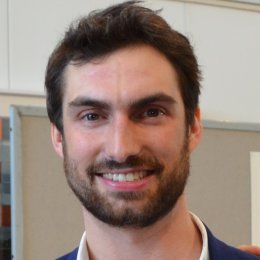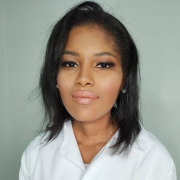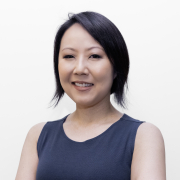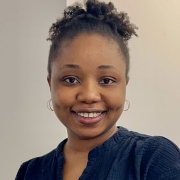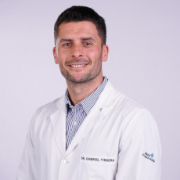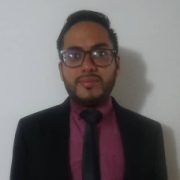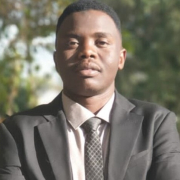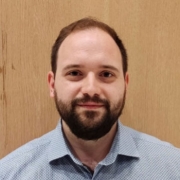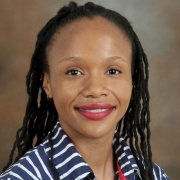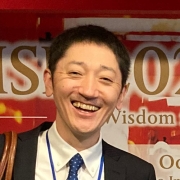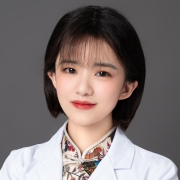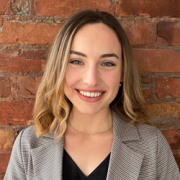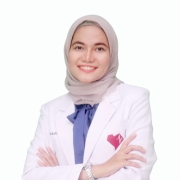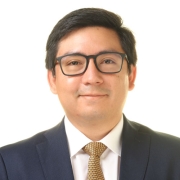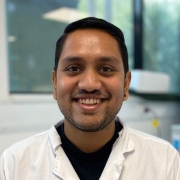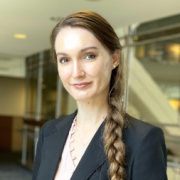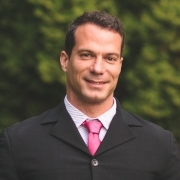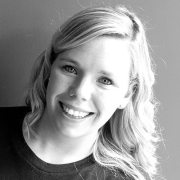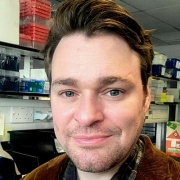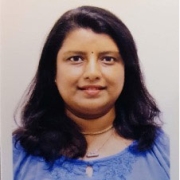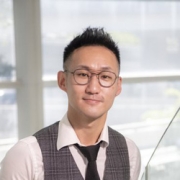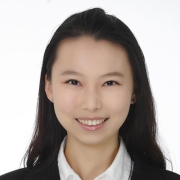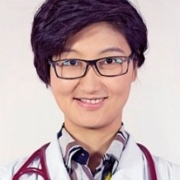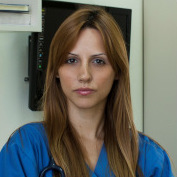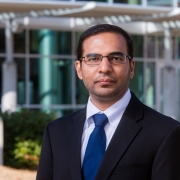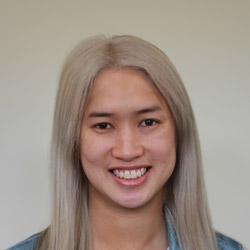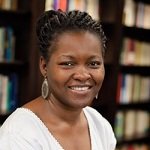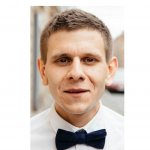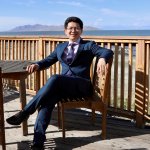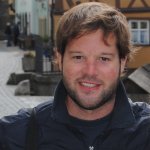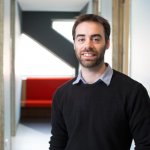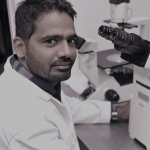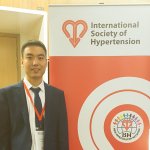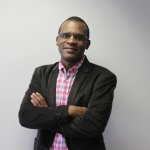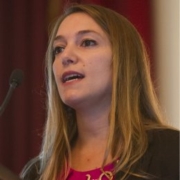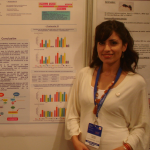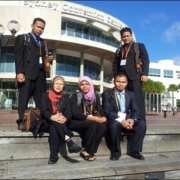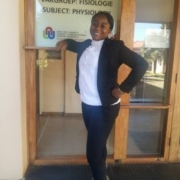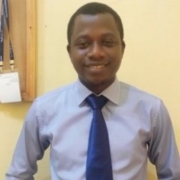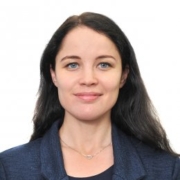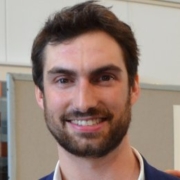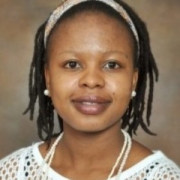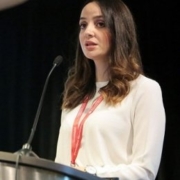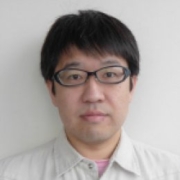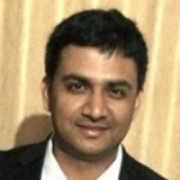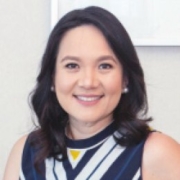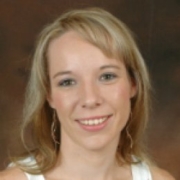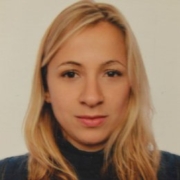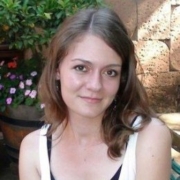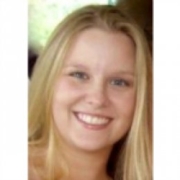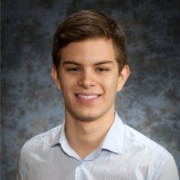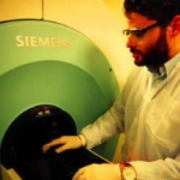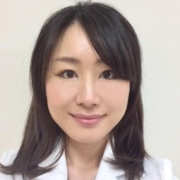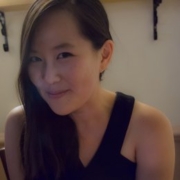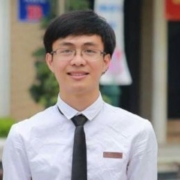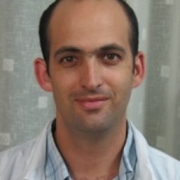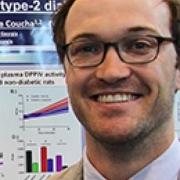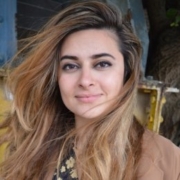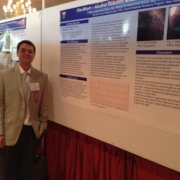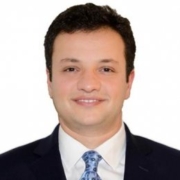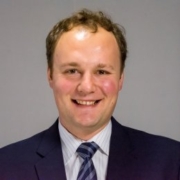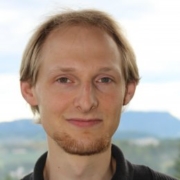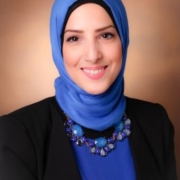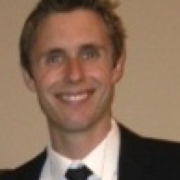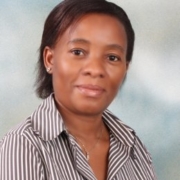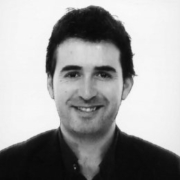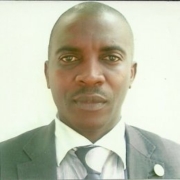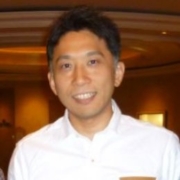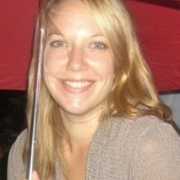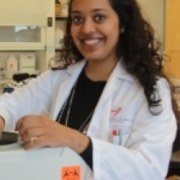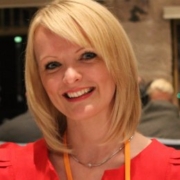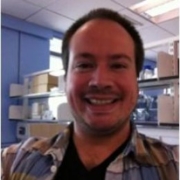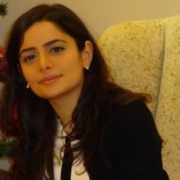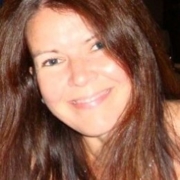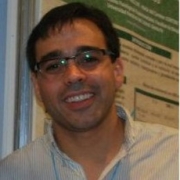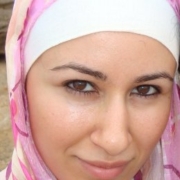How did you become interested in research relating to Hypertension?
I became interested in hypertension as I am an immunologist. I realized that immune cells are one of the major components of the hypertensive process and would like to understand their role in hypertension.
Describe your research & the program/lab (info of your supervisor) that you are in?
I am fortunate to work in Dr. Ernesto Schiffrin’s lab, where I learn a lot about how to become a future investigator. Dr. Schiffrin’s research addresses the mechanisms and treatment of high blood pressure. We investigate the biology of blood vessels and the roles of endothelin, angiotensin, nuclear receptors, inflammation and T cells in hypertension and the cardio-metabolic syndrome, effects of antihypertensive treatment on blood vessels of hypertensive patients, and the molecular and cellular determinants of elevated blood pressure
What do you consider to be your substantial scientific contribution so far (provide Pubmed PMID if possible)?
Recently, we observed that a subpopulation of T cells, γδ T cells, play an important role during hypertension (PMID: 28330983). Indeed, we found that these γδ T cells were involved in blood pressure elevation, endothelial dysfunction and activation of the other T cells during hypertension. We are now focusing on the role of these γδ T cells in inflammatory processes during hypertension
What is your favourite manuscript from a lab other than your own (provide Pubmed PMID if possible)?
I like many articles, it is difficult to choose between the different studies investigating immune cells and hypertension. Very interesting groups include Dr. Harrison’s lab in Vanderbilt University, Dr Guzik’s lab at the University of Glasgow and the works of Dr. Carnevale from Sapienza University of Rome on the immune and central nervous system bridging during hypertension. I believe that these findings will open new works and theories about cardiovascular and central nervous system pathologies.
What facilities are essential for your research?
As I mentioned, I am immunologist, so the most important facilities for me are the flow cytometry and animal facilities in the LDI.
Where do your research strengths lie? Why? What are your research weaknesses? How will you improve?
One of my research strengths is my capacity to hypothesize and build theories. As a new investigator, my weakness occurs in my grant writing. I hope to improve this by practicing my writing in English.
Describe your unforgettable (proudest) moment in science, and the most challenging situation that you have had to overcome (lessons learnt) so far?
A moment that I will never forget was when I analyzed the blood pressure measurements data of γδ T cells deficient mice treated with Angiotensin (Ang)-II to induce hypertension. I noticed that the absence of γδ T cells completely blunted the high blood pressure elevation seen in WT mice treated with Ang II.
One of my most challenging situations thus far has been understanding the role of these γδ T cells during hypertension due to the very low amount of these cell in animals. Step by step, we are phenotyping them during hypertension and we are understanding their role.
At which conference did you first present? How was your experience?
My very first international conference was the High Blood Pressure Research Congress (now called Council of hypertension) in 2013 in New Orleans. I arrived the day before to participate in the ISH New Investigator day, which was exciting and gave me confidence going into the big congress. During the HBPR, I met a lot of people who are now my friends. It is always a pleasure to reunite with them during this conference and talk about hypertension.
What upcoming conferences will you be attending, and what is the furthest distance that you have traveled for a conference?
My next conference is in January in Quebec City for the Quebec Society of Hypertension. I love this event, not because it is in French, but because this is smaller compared to international conferences, and it is like being in a family environment. So far, the furthest distance I have traveled was to Seoul in Korea for the 2016 International Society of Hypertension congress, a great event to see hypertension studies from all over the world.
How did you learn about ISH/NIN and its activities?
I learnt a lot from my friend about their work with the ISH. It is a fantastic network to share experiments and discussions.
What area(s) do you wish to specialize in the future?
I would like to remain working in the areas of immunology and cardiovascular disease in the future. More and more evidence of the role of the immune system in cardiovascular pathologies has appeared in the last decade and I would like to be involved in our understanding of this topic.
Who is your role model in Science? Why?
I do not have just one role model in science, but have picked up some good qualities from all those around me, and not just related to science. I believe that the way to be a good scientist is to be someone who is always open minded and we can find this quality everywhere.
What are your scientific goals? Advise for talented emerging scientists?
My biggest scientific goal is definitively to understand some very important immune system components that could take place specifically in hypertension or cardiovascular diseases like, T cell memory during hypertension, some hypertensive antigens, and immune cell communication in cardiovascular diseases. If I had one advice for young scientists is to be perseverant and confident in themselves, the light is always at the end f the tunnel.












